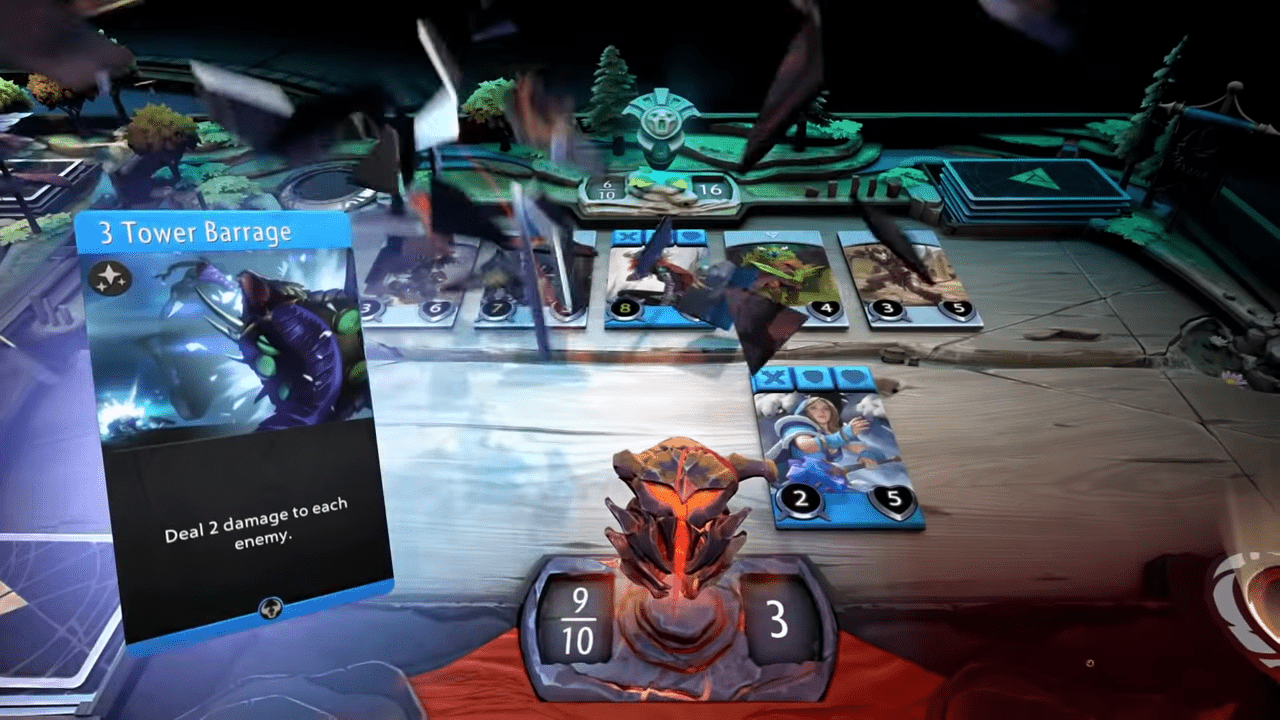Artifact released on November 28, 2018, and it fell immediately on its face. The $20 price tag was merely the cost of entry in the deck-building card battler, users would also have to purchase additional decks in-game for money to have a chance at becoming competitive.
It was essentially a price tag to introduce additional price tags, and losing to others that had a deeper wallet was common, much as it is with other card games. Anybody reading this would likely ask themselves how Valve thought that could possibly work, although Valve had the opposite idea.
Gabe Newell was reportedly astonished that Artifact didn’t take off as well as he had presumed it would; a year and a half later, and it’s sitting at 47% recommended out of 19,301. Those that are recommending the title appear to have a bit of investment already down in the title as well.
Towards A Better Artifacthttps://t.co/AsMgRdMonN
— Artifact (@PlayArtifact) March 29, 2019
The disfavor that Valve has experienced has resulted in Artifact getting a bit of a rework, and it’s allegedly massive. Valve isn’t content with merely scrapping the entirety of the idea when the initial results were overwhelmingly negative, and Edge Magazine has taken an all-access trip to the studio in Bellevue, Washington, to poke around the card game and see its progress.
Valve appears to be relatively tight-lipped in regards to everything that the studio is working on with Artifact beyond the point that they’re looking at what did and did not work and building from that point. It seems a bit disingenuous to offer an all-access pass and remain tight-lipped, but fans of the deck-building battler can expect new content to begin rolling down the pipes of social media relatively soon as Valve employees pick up the reigns of game development in a working-from-home situation that COVID-19 has relegated to everyone.
Internally, it’s being called Artifact 2 as the redesign has been far more intensive than anyone thought it would be, and it’s clear that Valve is taking the criticisms lobbed at its card game rather seriously in an attempt to bring a new idea to the aged classic.
A studio like Valve isn’t necessarily known for letting their games rot, to be fair; titanic titles such as Counter-Strike, Dota 2, and Portal are all well-known and loved for their accessibility, depth, and content. One would be hard-pressed to find a studio as well-loved and idolized as Valve, from their title offerings to the Steam platform that they run.







